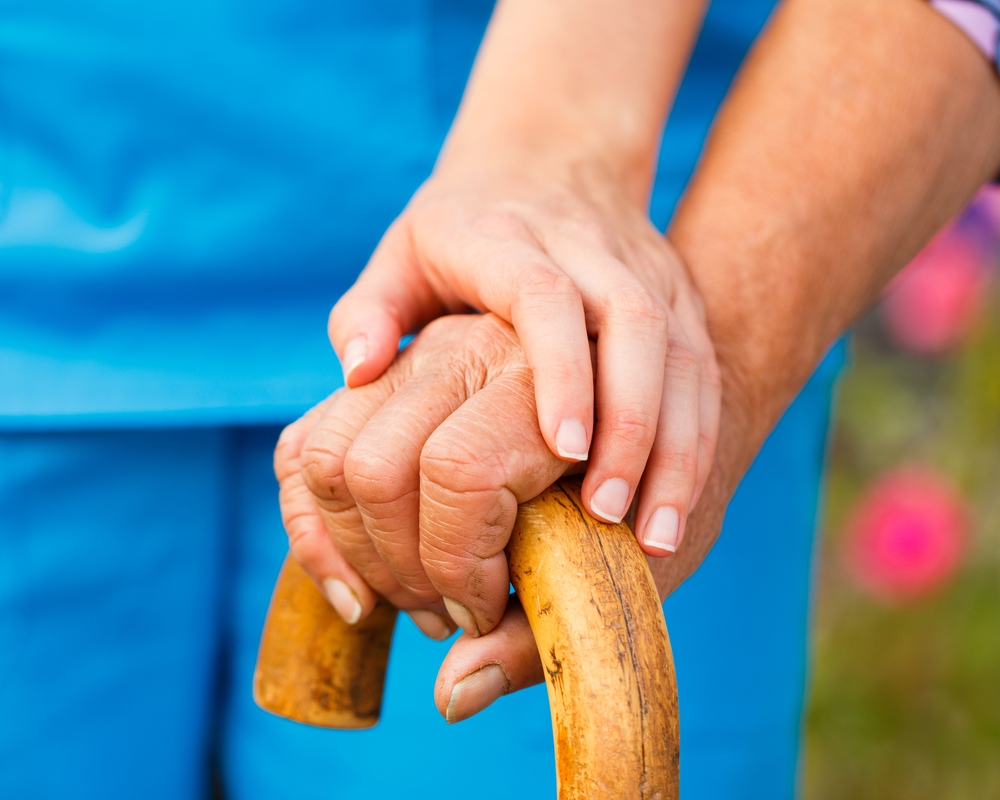

Parkinson’s is a chronic and progressive brain disorder of the central nervous system. The motor symptoms—tremor, slowness, stiffness, along with balance and walking issues—result from the death of cells that make dopamine. In short, dopamine is the chemical that sends messages to the part of the brain that controls movement and coordination.
Men are more likely to be affected by the disease than women. Committing himself to helping increase awareness and research for a cure, actor Michael J. Fox went public with his own struggle with Parkinson’s disease. He was diagnosed with young-onset in 1991 at the age of 29. The average age onset is 60, but people have been diagnosed as young as 18. Every nine minutes there is a new diagnosis, which means that in April alone nearly 5,000 people in this country will learn that they have Parkinson’s disease.
Symptoms
Parkinson’s is a lifelong, progressive disease—meaning that symptoms will slowly worsen over time. In addition to the changes in motor skills, a person with the disease can also experience depression, constipation, sleep issues, pain, and cognitive dysfunction. All this can make activities of daily living challenging.
According to the Mayo Clinic, symptoms include:
- Tremor. A tremor, or shaking, usually begins in a limb, often your hand or fingers. You may a rub your thumb and forefinger back-and-forth, known as a pill-rolling tremor. Your hand may tremor when it’s at rest.
- Slowed movement. Over time, Parkinson’s disease may slow your movement, making simple tasks difficult and time-consuming. Your steps may become shorter when you walk. It may be difficult to get out of a chair. You may drag your feet as you try to walk.
- Rigid muscles. Muscle stiffness may occur in any part of your body. The stiff muscles can be painful and limit your range of motion.
- Impaired posture and balance. Your posture may become stooped, or you may have balance problems as a result of Parkinson’s disease.
- Loss of automatic movements. You may have a decreased ability to perform unconscious movements, including blinking, smiling or swinging your arms when you walk.
- Speech changes. You may speak softly, quickly, slur or hesitate before talking. Your speech may be more of a monotone rather than with the usual inflections.
- Writing changes. It may become hard to write, and your writing may appear small.
At Assisting Hands® Home Care, we understand how daunting living well with Parkinson’s can be for clients and their family caregivers. We have skilled and compassionate home caregivers who can help them through the routine of daily living.
Cause and Treatment
While the exact cause of the disease is not known, it is attributed to both genetic and environmental factors such as family history, genetic mutations, drinking well water, and exposure to pesticides or metals.
While there is no cure for Parkinson’s disease, prescribed medications, surgery, along with healthy lifestyle choices such as diet and exercise can alleviate some of the symptoms. Alternative therapies, such as acupuncture, may provide relief from symptoms as well. By taking an active role, those with Parkinson’s can live a full and active life for many years.
